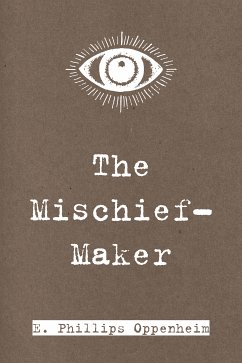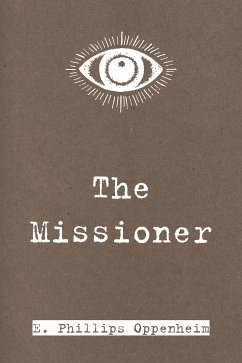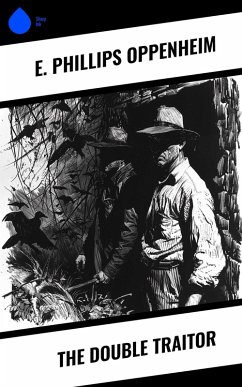
The Pawns Count (eBook, ePUB)
Versandkostenfrei!
Sofort per Download lieferbar
2,99 €
inkl. MwSt.
Weitere Ausgaben:

PAYBACK Punkte
1 °P sammeln!
In "The Pawns Count," E. Phillips Oppenheim masterfully intertwines elements of intrigue, espionage, and the machinations of international politics. Set against the backdrop of early 20th-century Europe, the narrative deftly explores the lives of its characters as they navigate the perilous waters of betrayal and deceit. Oppenheim employs a crisp, engaging prose style that reflects the tension of the time, while richly detailed descriptions and sharp characterizations provide a vivid tableau of an era marked by both glamour and danger. The interplay of personal ambition against the larger geop...
In "The Pawns Count," E. Phillips Oppenheim masterfully intertwines elements of intrigue, espionage, and the machinations of international politics. Set against the backdrop of early 20th-century Europe, the narrative deftly explores the lives of its characters as they navigate the perilous waters of betrayal and deceit. Oppenheim employs a crisp, engaging prose style that reflects the tension of the time, while richly detailed descriptions and sharp characterizations provide a vivid tableau of an era marked by both glamour and danger. The interplay of personal ambition against the larger geopolitical landscape invites readers to ponder the moral ambiguities faced by individuals in times of crisis, revealing the stakes at hand in a world rife with uncertainty. E. Phillips Oppenheim, often heralded as the 'Prince of Storytellers,' drew on his experiences in journalism and his keen understanding of human nature to craft tales that resonate with authenticity. Born in 1866, Oppenheim was part of a generation witnessing the socio-political upheaval in Europe, which undoubtedly influenced the thematic depth and urgency in "The Pawns Count." His keen observation of the social milieu and insights into human psychology are evident throughout the narrative, creating a tense and engaging reading experience. This novel is a compelling choice for readers who appreciate intricate plots and richly developed characters. Oppenheim's exploration of the interplay between personal motivations and larger societal forces offers a nuanced perspective that remains relevant today. "The Pawns Count" is not just a gripping thriller; it is a profound examination of the human condition, making it a must-read for aficionados of historical fiction and classic espionage.
Dieser Download kann aus rechtlichen Gründen nur mit Rechnungsadresse in A, B, BG, CY, CZ, D, DK, EW, E, FIN, F, GR, HR, H, IRL, I, LT, L, LR, M, NL, PL, P, R, S, SLO, SK ausgeliefert werden.













